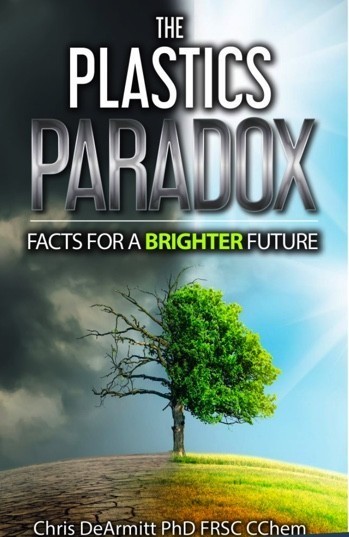In May 2019, my packaging and POS consultancy firm, Medoola, ran a month's worth of soundbites on packaging and sustainability right here on LinkedIn.
Whether you agreed with them or not, they were all completely factual, backed by reporting and Life Cycle Analysis (LCA) data from around the world.
Our company's message is clear. Decisions made about sustainable packaging and POS must be based on fact, not on emotion. Factual reasoning is vital in order to deliver real environmental benefits.
Packaging Sustainability
The media seems to be moving the emphasis on sustainability to carbon emissions in 2020. However, the noise made on LinkedIn posts and in infographics is still apparent in regards to plastic and packaging. In most cases, as I accounted recently with a globally recognized brand, these headline-grabbers do not have factual evidence to support them.
The result is businesses, consumers, and even government bodies continuing to make decisions based on perception rather than reality.
At Medoola, justification is key. As a business, we add value to our clients' decisions by supplying facts and data that justify their packaging strategies. Each supply chain is different so a holistic approach for every project, newline, or a new category is paramount.
The Plastics Paradox
Whilst we pride ourselves on our expert knowledge, we continue to learn and aim to educate all for the better. In our constant data trawls around the world, it has been really pleasing to see others doing the same.

I was fortunate enough to come across a new publication, Plastic Paradox, by Chris DeArmitt. Chris has made it his mission to become as knowledgeable as they can when it comes to plastics. He acts as an advisor to many large global companies alongside his interesting speaking engagements, where he highlights his findings on plastics facts... not fiction.
The purpose of his book is to open up the truths around plastics and dispel some of the myths the media choose to report.
Over the next month, Medoola will again be sharing some of the amazing truths he has uncovered in some short soundbites. All are based on LCA reports and data Chris has collated and are found in the book itself.
FACT: ‘The greenest bags are made from plastic.’
Create an account to read the full article
Create Account
Already have an account? Sign in


